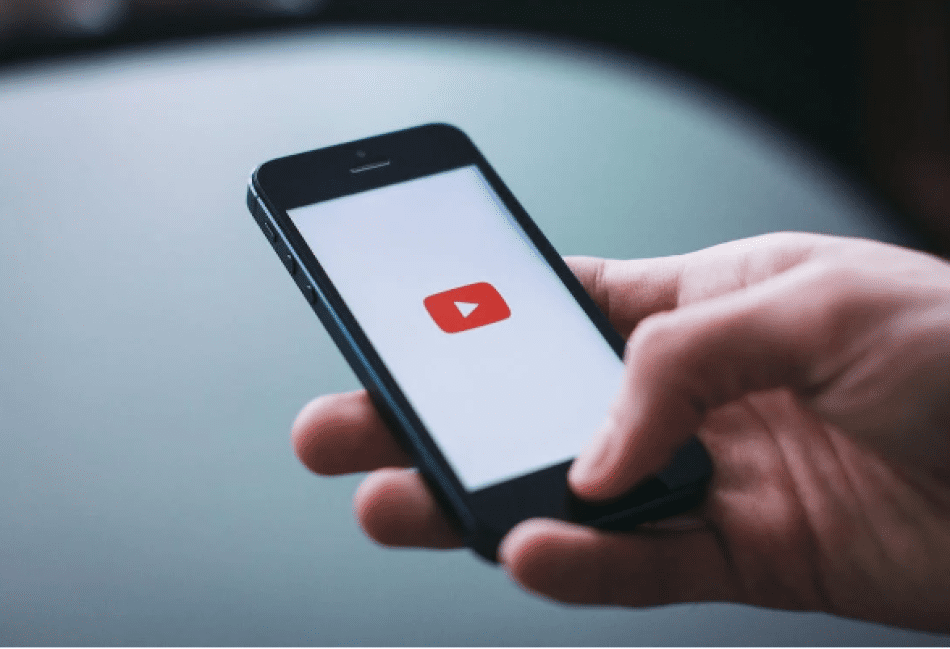Self-study helps students become more independent learners. It teaches them to take responsibility for their own learning, which is an important skill for life. Besides, with self-study, students can take their time to understand complex topics, or zip through the stuff they grasp quickly.
In general, when students study on their own, they can dive deeper into topics that really interest them. This can lead to a more enriched learning experience. Now, how can essay examples on Samplius help with self-study? Well, essay samples provide a sort of roadmap for students. They can look at the structure, the flow of arguments, how evidence is used, the writing style, and so on. By analyzing a good example, they can understand what makes an effective essay.
Self-Study Opportunities
There are loads of ways for students to engage in self-study beyond essay samples. Here are some other self-study opportunities:
- Online Courses: Websites like Coursera, Khan Academy, or Udemy offer courses on a wide variety of topics. Many are free or relatively inexpensive.
- Educational Apps: There are countless educational apps out there, from language learning ones like Duolingo, to coding ones like Codecademy, or general knowledge ones like TED.
- Podcasts and Audiobooks: For those who prefer auditory learning, podcasts and audiobooks can be a great way to learn about new topics.
- Documentaries: There are tons of documentaries out there that can provide a deep dive into various subjects. Streaming platforms like Netflix and Amazon Prime have extensive libraries of educational documentaries.
- Reading: Never underestimate the power of a good book or article. Whether it’s a textbook or a novel, reading can help deepen understanding and broaden perspectives.
- Practice Tests: Websites like Khan Academy or apps like Quizlet provide practice tests on a variety of subjects. They can be a great way to test your knowledge and see where you need to study more.
- Discussion Forums: Websites like Reddit or Quora can be useful for engaging in discussions on topics you’re studying. They can provide new insights and help you see things from different perspectives.
- YouTube: This is a treasure trove of educational content. Channels like CrashCourse, Khan Academy, and TED-Ed are just a few examples of the quality educational content you can find. What’s great about YouTube is that it covers virtually every subject you can think of, and it’s free. So let’s talk about it in more detail.
Educational Content on YouTube
YouTube is a treasure chest of educational content that can cater to learners of all ages and across all subjects. The beauty of YouTube is its vast diversity – let’s delve into that a bit more:
- Tutorials: Need to understand how to solve a complex math problem or maybe you’re looking for a step-by-step guide to an art project? YouTube’s got you covered. There’s a plethora of channels providing easy-to-follow tutorials for virtually any topic under the sun.
- Lectures: YouTube is also home to lectures from esteemed professors and experts worldwide. Universities like MIT, Stanford, and Harvard have channels where they post full-length lectures on various subjects. This makes high-quality education accessible to anyone with an internet connection.
- Interactive Lessons: Channels like Khan Academy and TED-Ed use YouTube to offer interactive lessons that make learning fun and engaging. These lessons often include animations, quizzes, and clear explanations that break down complex topics into digestible bits.
- Documentaries and Educational Shows: YouTube is a hub for educational shows and documentaries that can provide in-depth knowledge on specific topics. Channels like National Geographic, PBS, or BBC offer a wealth of content.
- Study Tips and Techniques: Plenty of YouTube channels focus on offering advice on how to study effectively, manage time, and stay organized. These can be just as crucial for successful self-study as learning the material itself.
- Online Discussions and Debates: Many channels host online discussions and debates on various topics, which can offer valuable insights and diverse perspectives to learners.
The Benefits of YouTube for Self-Study
Educational YouTube channels offer an accessible, flexible, and engaging way to learn, making it a valuable tool in any self-study routine. Lets us prove this to you.
Convenience
With YouTube, you’ve got a world of knowledge at your fingertips. No need to commute to a class or sift through a library. Just type in what you want to learn, and voila! You can access the platform from your laptop, tablet, or phone, making it incredibly convenient.
Flexibility
YouTube doesn’t operate on a timetable. You can watch, pause, rewind, or rewatch videos whenever it suits you. This flexibility makes it easier to fit learning into your schedule, whether you’re a night owl, an early bird, or somewhere in between.
Self-Paced Learning
Everyone learns at their own speed. With YouTube, there’s no rush. You can take your time to really understand something, or skip ahead if you’ve got it down. This makes learning more efficient and less stressful
Variety
YouTube has a vast array of content, from quick explainer videos to full university lectures. Whatever your learning style or interest, there’s likely a channel that fits the bill.
Engagement
Many educational YouTubers are pros at making their content engaging and entertaining. This can make learning more fun and keep you motivated.
Community
Many educational channels on YouTube have active communities in the comments section. You can ask questions, discuss ideas for your research paper, or just connect with other people who are interested in the same topics.

